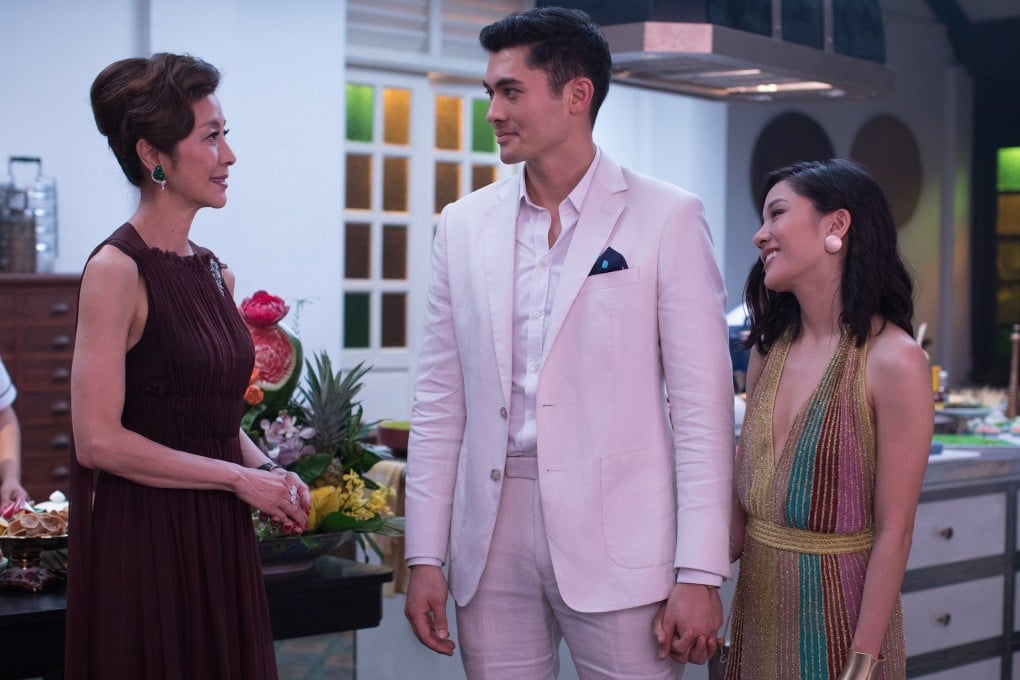After Crazy Rich Asians, is representation in Hollywood going in the right direction?
- The film’s success has spawned several copycat TV shows and helped Fraud Squad author Kyla Zhao snag her book deal
- But Hollywood’s obsession with cloning Crazy Rich Asians may have also hurt Asian storytelling and portrayals of the community

This spawned countless breathless commentaries about how “Crazy Rich Asians is going to change Hollywood”, as one Time magazine headline declared. It also birthed several copycat reality series starring wealthy Asian Americans, including Bling Empire (2021 to present), which just premiered a spin-off series on Netflix, Bling Empire: New York.

Earlier this month, the novel The Fraud Squad was launched by Singaporean author Kyla Zhao, who snagged a six-figure book deal and a big Hollywood agent for a story she describes as “Crazy Rich Asians meets (the 2006 film) The Devil Wears Prada”.
But has the Crazy Rich Asians effect been a net positive for Asian representation and storytelling?
Asian-American actor Daniel Dae Kim called out Hollywood’s obsession with cloning that success. And he believes it may have hurt Asian storytelling by creating a new set of stereotypes.
Speaking at a panel at the Sundance Film Festival last week, the 54-year-old Korean-American star said: “One of the collateral-damage effects of Crazy Rich Asians was that everyone wanted to do more Asian projects as long as they were just like Crazy Rich Asians.”
